Prime Minister Narendra Modi urged states to use lockdowns only as a “last resort” two weeks ago. Everyone now sees them as the best way to stop the world’s worst virus epidemic, from his political allies to top business executives and US President Joe Biden’s chief medical advisor.
PM Modi’s decision last year to enforce a nationwide lockdown without notice sparked a humanitarian crisis as migrant workers fled on foot to rural areas, complicating the debate. Although the Prime Minister is keen to avoid such criticism in the future, especially after his Bharatiya Janata Party lost an election in West Bengal when votes were counted on Sunday, even states run by his party are ignoring his advice.
“One of the issues is this false perception that it’s either absolute lockout, which equals economic catastrophe, or no lockdown, which equals public health disaster,” said Catherine Blish, an infectious disease specialist and global health expert at Stanford Medicine in California. “What is currently taking place is a health and economic tragedy. It’s not healthy for your people or your economy if large swaths of your population become ill.”
Local governments could suspend activities where social distance is difficult to maintain instead of imposing a complete shutdown, according to experts.
While policymakers have indicated that they are willing to take measures to support development, economists believe that if the virus curve does not flatten, it will put pressure on monetary and fiscal policies at a time when most of the conventional space has already been occupied.
The quickest way to break the chain of transmission is to hold people far enough apart so that the virus can’t hop from one person to the next. Some experts, including Anthony S. Fauci, the top infectious disease doctor in the United States, believe that a temporary shutdown is necessary.
Others, however, argue that a full national lockdown is not feasible and will be devastating for the vulnerable, who have already suffered the most as a result of the outbreak. The government has left it up to states to decide on local lockdowns, and cities such as the national capital Delhi and the financial capital Mumbai have done so — through the restrictions are less severe than last year.
People who live on the edge must go out every day to find food or earn a day’s wages, according to Kim Mulholland, an Australian pediatrician and chief of the Murdoch Children’s Research Institute’s infection and immunity community in Melbourne.


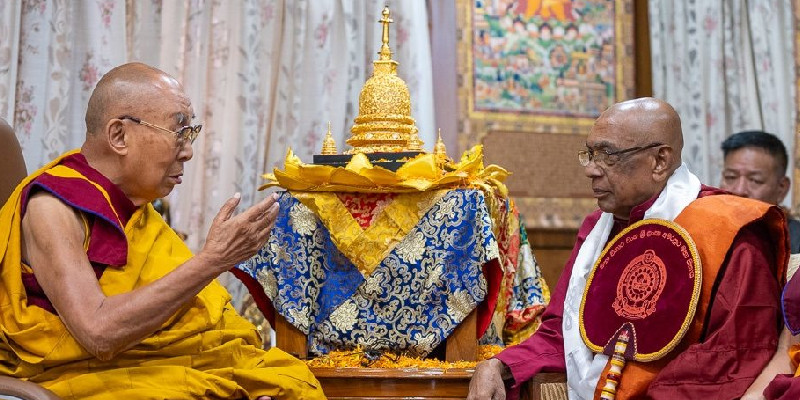
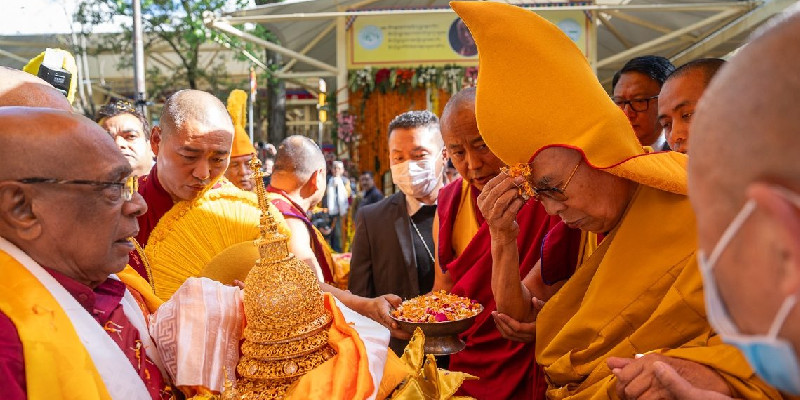
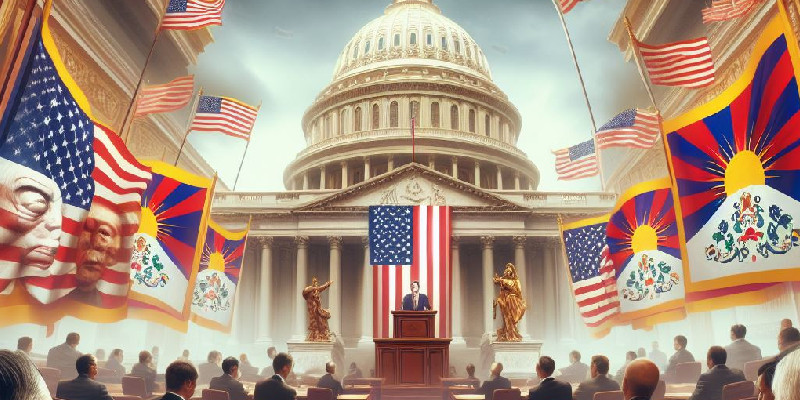
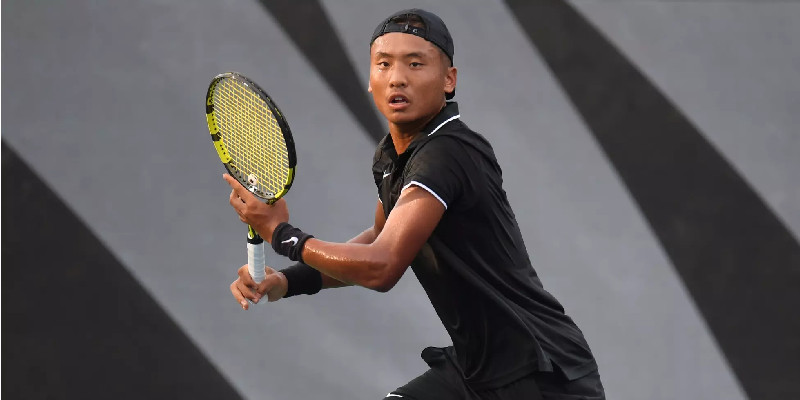
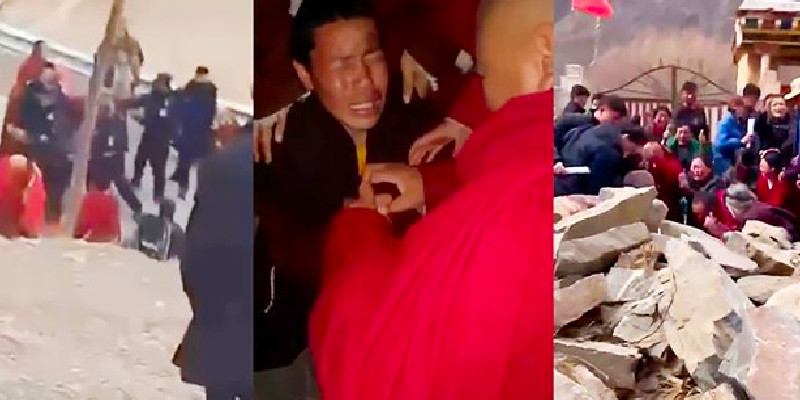
Leave a Reply